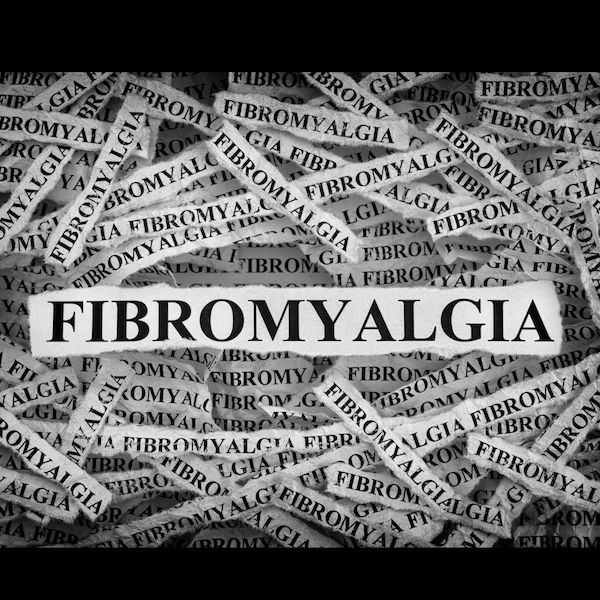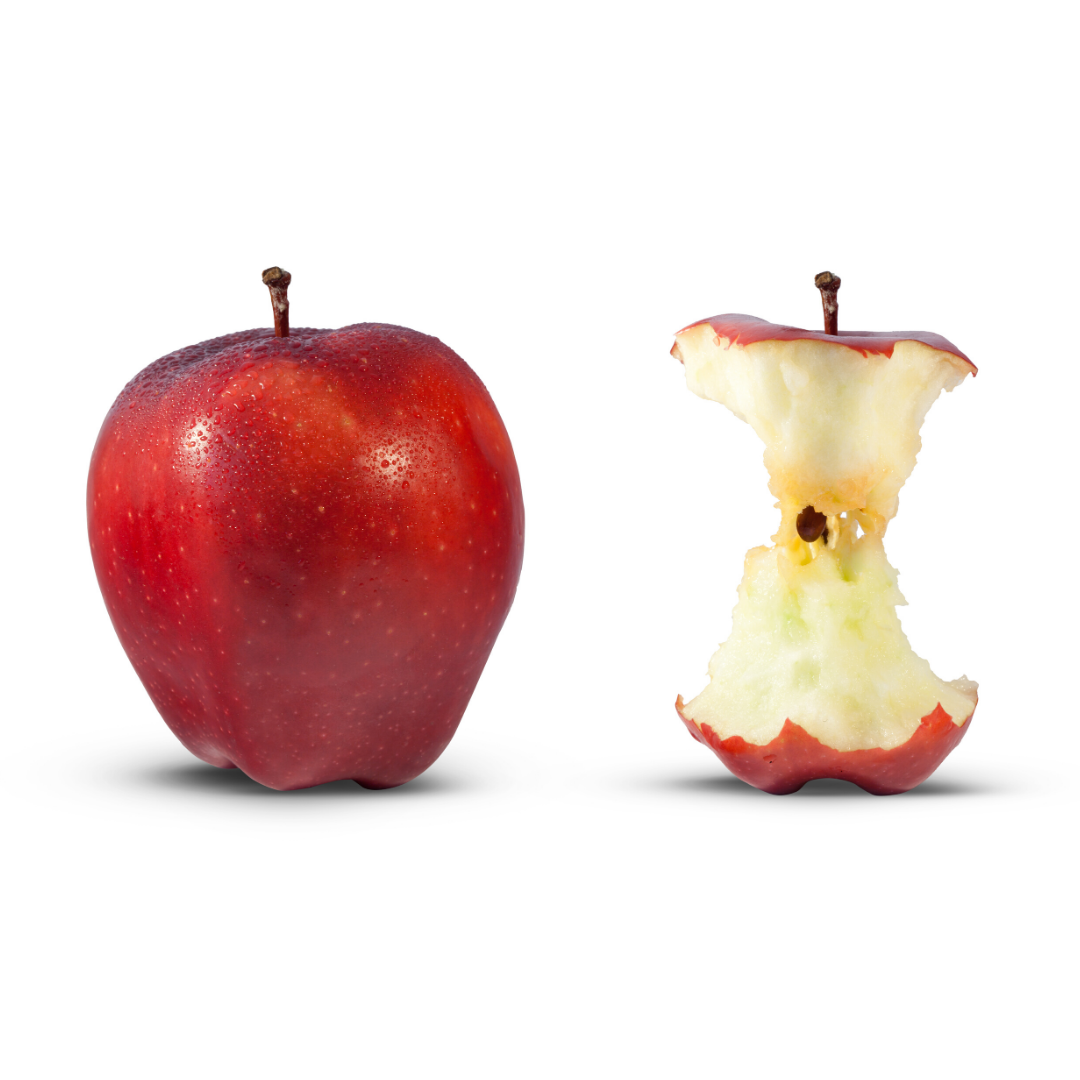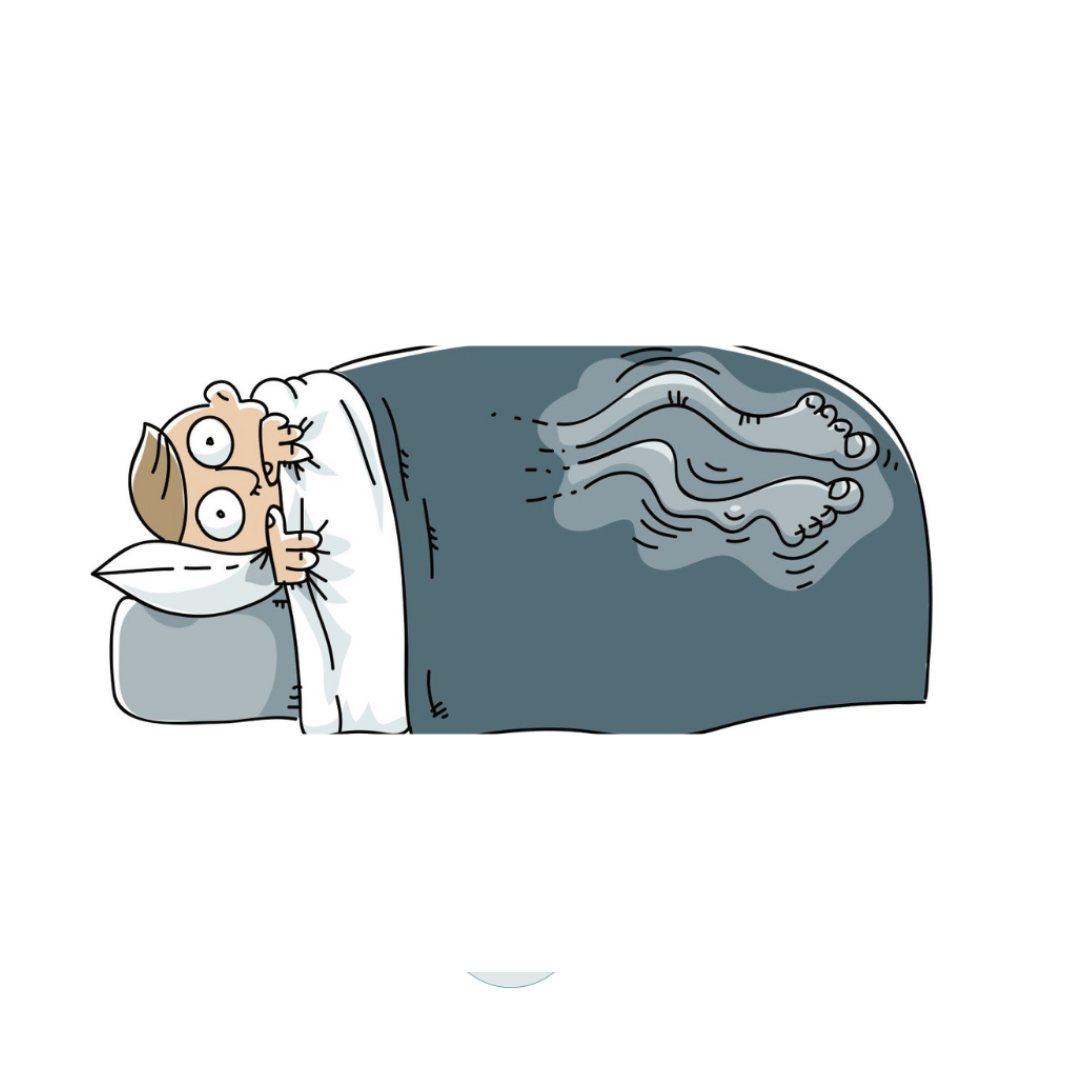It’s September, and the nights are drawing in so quickly it’s reminded me that this is the critical time to put measures in place if you have or are at risk of Seasonal Affective Disorder (SAD) Winter depression is the other name for SAD; it’s a type of depression triggered by the change of seasons, […]
Seasonal Affective Disorder, and light therapy




















